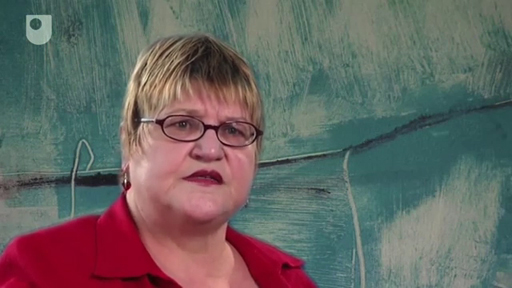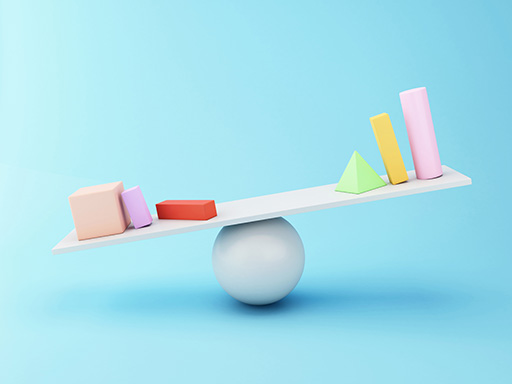1 Power and social circumstances
Power is an intrinsic aspect of all social relationships but often its presence or importance is not understood. A power imbalance of one individual over others can stem from factors such as their position of authority, status, reputation and personality.
Power is not necessarily bad, but when there is a power imbalance between people the effectiveness of learning can be influenced by the way the possession of power is used.
Activity 1 Power, society and your role
Watch this short video which describes power in personal and social relationships. Afterwards, make brief notes on the following question: What creates the power you have as a coach developer?

Transcript: Video 2
Discussion
Until you are made aware of it you are unlikely to think about where the source of power as well as imbalances in power, stem from. Certainly, by being labelled a coach developer, tutor, assessor, mentor, trainer or similar, imbues you with some authority, as does your history and reputation in your sport.
By the end of this session you will be able to appreciate where your power stems from more fully.
Power operates at both a societal level as well as within relationships between two people. If you are assessing a coach for a qualification you have a source of power as the assessor; this status and power is connected to the policy for coaches to be professionally certificated and the qualification system that is created to service this policy.
The source and distribution of power can be said to flow from the societal level right down to the interaction between you and any coach you are assessing. This is just one example of how power is created and distributed. In the next activity the idea of power as a relational process specific to the context of a coach–coach developer relationship is examined further.

